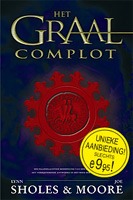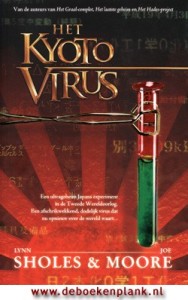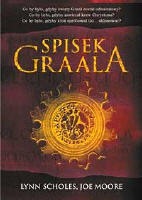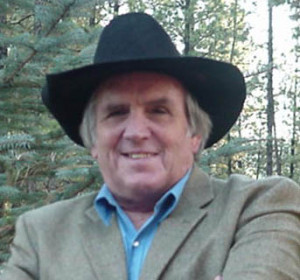James Scott Bell
Back when I started teaching writing to others, in a moment of what can only be described as great hubris, I jotted down 10 Commandments for Writers. Recently I dug up the document and took a fresh look. And you know what? I think they’re still pretty good. I’ve tweaked them a bit for updating purposes, but they remain essentially the same as when I first wrote them. And while I don’t have them engraved on stone tablets – yet – I offer them here for your perusal:
1. Thou Shalt write a certain number of words every week
This is the first, and greatest, commandment. If you write to a quota and hold yourself to it, sooner than you think you’ll have a full length novel.
(UPDATE: I used to advocate a daily quota, but I changed it to weekly because inevitably you miss days, or life intrudes, and you can run yourself down for “missing” your quota. So set up a weekly quota, divide it by days, and if you miss one day make it up on the others).
2. Thou Shalt write passionate first drafts
Don’t edit yourself during your first drafts. The writing of it is partly an act of discovering your story, even if you outline. Write hot. Put your heart into it. Let your writer’s mind run free. I edit my previous day’s work and then move on. At 20k words I “step back” to see if I have a solid foundation, shore it up if I don’t, then move on to the end. There’s magic in momentum.
3. Thou Shalt make trouble for thy Lead
The engine of a good story is fueled by the threat to the Lead character. Keep turning up the heat. Make things harder. Simple three act structure: Get your Lead up a tree, throw things at him, get him down.
4. Thou Shalt put a stronger opposing force in the Lead’s way
The opposition character must be stronger than the Lead. More power, more experience, more resources. Otherwise the reader won’t worry. You want them to worry. Hitchcock always said the strength of his movies came from the strength and cunning of the villains. But note the opposition doesn’t have to be a “bad guy.” Think of Tommy Lee Jones in The Fugitive.
5. Thou Shalt get thy story running from the first paragraph
Start with a character, confronted with change or threat or challenge. This is the opening “disturbance” and that’s what will hook readers. It doesn’t have to be something “big.” Anything that sends a ripple through the “ordinary world” will do.
6. Thou Shalt create surprises
Avoid the predictable! Always make a list of several avenues your scenes and story might take, then choose something that makes sense but also surprises the reader.
7. Thou Shalt make everything contribute to the story
Don’t go off on tangents that don’t have anything to do with the characters and what they want in the story. Stay as direct as a laser beam.
(UPDATE: This one seems self-evident now, but at the time I was seeing manuscripts with scenes written for their style, not their substance. Another way to put this is the old advice to be ready to “kill your darlings.”)
8. Thou Shalt cut out all the dull parts
Be ruthless in revision. Cut out anything that slows the story down. No trouble, tension or conflict is dull. At the very least, something tense inside a character.
9. Thou Shalt develop Rhino skin
Don’t take rejection or criticism personally. Learn from criticism and move on. Perseverance is the golden key to a writing career.
10. Thou Shalt never stop learning, growing and writing for the rest of thy life
Writing is growth. We learn about ourselves, we discover more about life, we use our creativity, we gain insights. At the same time, we study. Brain surgeons keep up on the journals, why should writers think they don’t need to stay up on the craft? If I learn just one thing that helps me as a writer, it’s worth it.
So there’s my ten. Comments welcome. Or maybe you have an Eleventh Commandment you’d like to add?








